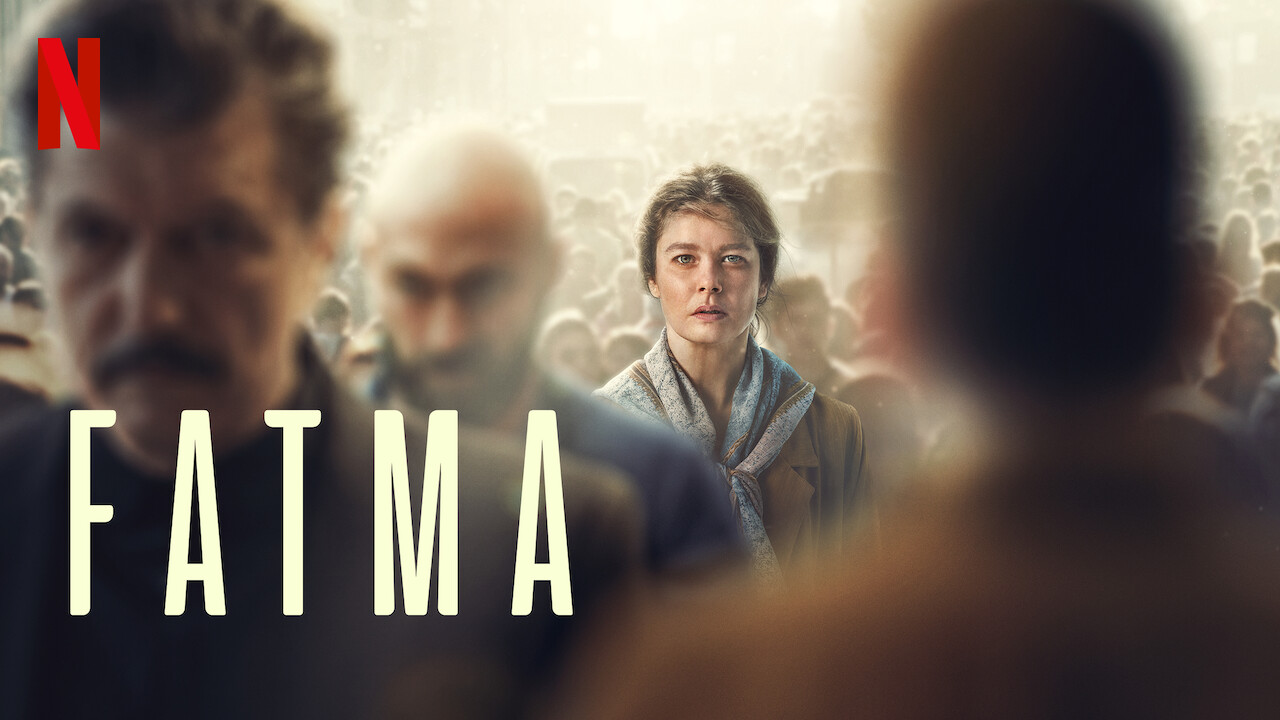Fatma, a new six-part Netflix series written and directed by newcomer Ozgur Onurme and starring Burcu Biricik, in a heart-wrenching tour de force performance as the titular character. This is a sometimes funny, often harrowing, and incredibly sad story of a woman who loses everything and succumbs to despair.
Burcu Biricik embodies the intelligence, spark, and love of Fatma as easily as she does the more depressed and sad elements of her character. This is a fully formed person and we, as the audience, easily see how she descends into madness and despair.
It's no surprise the mini-series(?), shut its way up to Top 10 in over 40 countries, reaching as high as Top 3 in Turkey, Germany, Argentina, The Netherlands, Austria, and many more.
Plot Recap — Spoilers
******************************************************************************************************
The story is of a woman whose husband, Zafer has disappeared after coming out of prison. She is desperate to find him as she needs support both financially and emotionally as their young son has died. She’s searching their Istanbul neighborhood to find clues and goes to the police to file a missing person report. No one seems very keen to help her and some suggest that he is probably dead, as he had dealings with some very shady people. She refuses to believe he is dead and is convinced that it’s him who keeps calling her but not speaking.
She has taken work as a cleaning lady to support herself. One of the offices she cleans belongs to a low-level mob guy Bayram, played stereotypically by Mehmet Yilmaz Ak, who she presses for information about her husband. He directs her to a former partner of his, Sevket, with who he has fallen out, but says it will be impossible for her to get any information from this man. His secretary writes the address for her and she goes to see him. The former partner has no information for her but threatens that she now owes him for her husband’s debts and he will pimp her out to get the money. He comes at her and she shoots him in self-defense with the gun she had stolen out of Bayram’s safe. And so the story begins...
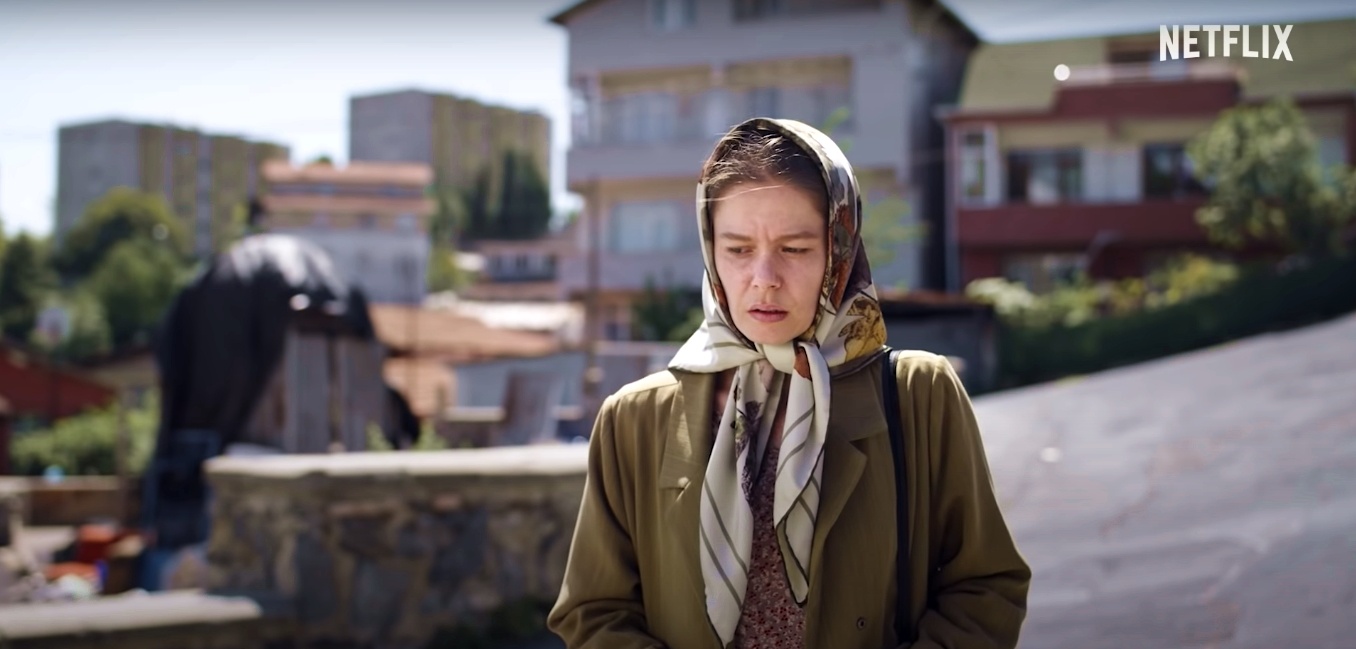
As Fatma returns to Bayram and tells him what she has done, and he is in shock as the gun is registered to him and he wasn’t on good terms with Sevket. Before he can take the gun back to get rid of it, the police arrive and Fatma tucks it in her purse. The police let her leave because she is just the cleaning lady, a theme that soon becomes recurring. Bayram comes to her house later to get the gun back but she has hidden it. He tells her that she now works for him and they will take advantage of the fact that she can slip in and out of place because no one pays attention to her. He tells her that she is going to give poisoned drugs to another of his rivals to kill him.
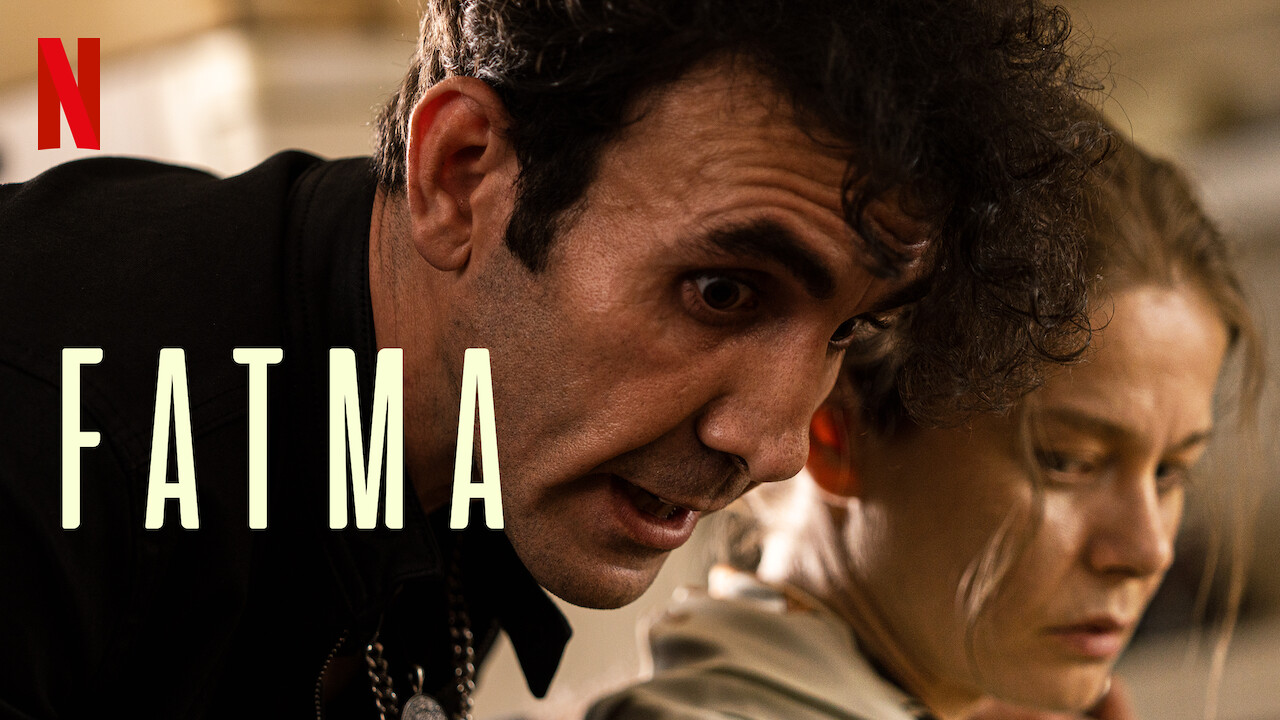
She is called to the police station and she thinks it’s because they have discovered that she killed Sevket, and she quietly confesses to the investigator, but he isn’t listening to her and he’s actually called her down to the station to talk about her missing husband. A few times in the series. she expects to be arrested by the police doesn’t even view her as a suspect until much later. While she’s at the station she drops the piece of paper that had Sevket’s address on it, it is picked up by the next man who threatens that she has to work for him to pay off her husband’s debts and she ends up pushing him off a train platform into an oncoming train. Her first real murder, as Sevket could be seen as self-defense.
Her landlords are evicting her as they want to sell all the property and move elsewhere. Ismail, who in an earlier episode tries to break into her house to molest her, tells her that they can work something out. He arranges to meet her at a construction site, where on an unfinished building upper floor tells her that she can move with them and provide sexual services in exchange for room and board. She tells him no and pushes him away and moves to leave and when she is out of sight we see him making a call and she answers to hear the familiar noise from the construction site that she has heard on what she thought were calls from Zafer. Ismail has been crank calling her to torment her. She comes back, and in a beautifully shot scene, rises up behind him to push him off of the ledge of the unfinished building.
She goes with Yusuf to where Bayram directs her to give another of his rivals poisoned cocaine and as she watches him consume the drugs she sees a mostly undressed young woman who he has obviously been abusing and tries to persuade the woman to leave with her. Throughout the conversation, we see that the young woman is trapped with the older man and cannot see a way to get out of her desperate situation. He comes around enough from his drug stupor to hit her and Fatma fights back and kills him with the broken end of a broom handle, a poetic murder weapon for a cleaning lady. She escapes into the mall above, to get away from Bayram’s man Yusuf, where she happens to work cleaning in the food court. She is met there by a lawyer, Sidar, who is representing the insurance company who is trying to close the case on her son’s death. She finds out that her husband, after coming out of prison, had excepted the settlement that she wouldn’t, and taken off with the money without contacting her at all. This lawyer is just trying up all the loose ends. He’s kind to her and offers to drive her home and she says yes as the police are downstairs at her crime scene.
In the parking garage, they are met with a police checkpoint and she escapes Sidar’s car to avoid being questioned. She ends up hiding in Yusuf’s truck as he discovers when he pulls over into a gas station on the highway. He demands that she come with him and they are going to get the Bayram’s gun from where ever she has hidden it. Bayram is pleased that she’s done away with his rival but she was unfortunately photographed. She realizes that once she hands over the gun they will likely kill her. She tries to get away from Yusuf and gets help from a woman cashier in the gas station but ultimately goes with Yusuf. She pretends to feel unwell to get him to stop his truck and she takes off on foot when he is distracted. He chases and catches her and tells her that she is going to do what he says, he also tells her that they know that Zafer is alive, Yusuf had gone out with him to celebrate when Zafer had come into the insurance money. He says that the pain of losing her son will fade. He tells her again that he’s going to take her to go get the gun from where she’s hidden it. As he puts away his gun, she pulls Bayram’s gun out of her purse and shoots him in the stomach. As he slumps against a tree, she tells him that the pain of the wound will fade away with time.
She makes her way home to the funeral gathering for Ismail. His wife Kadriye discloses that she also knew that Zafer was alive and he has gone back to the village where Fatma and he are from. Fatma decides to go back to find him and Kadriye decides to go with her, probably lured by the big wad of cash Fatma has with her. They take the bus and partway through the journey the bus is pulled over, the police have figured out that Fatma is a person of interest in several murders. She is saved by putting her identity card, much worn and with an unclear picture, into the pocket of Kadriye who has succumbed to the effects of severe diabetes and died on the bus. It isn’t clear whether Fatma had a hand in this death or not. Fatma slips away from the police again and ends up at a truck station where she hitches a ride with a kindly trucker who takes her the rest of the way to her village. There she confronts Zafer, who is very much alive and he tells her that he wanted to get away from her, she is tainted and he isn’t particularly sad that their son has died. We learn through flashback that Fatma and her sister were sexually abused by a man in her village and Zafer figures he doesn’t owe her anything because he married her even though she was ‘damaged goods’ and he doesn’t mourn for his son. He was ashamed of him because he was autistic. She pulls out the gun, and he takes it away from her just as the police arrive on the scene, but she wasn’t there to kill him, she wanted him to get caught with the gun responsible for at least two murders, he will be going back to prison. This was her revenge on him.
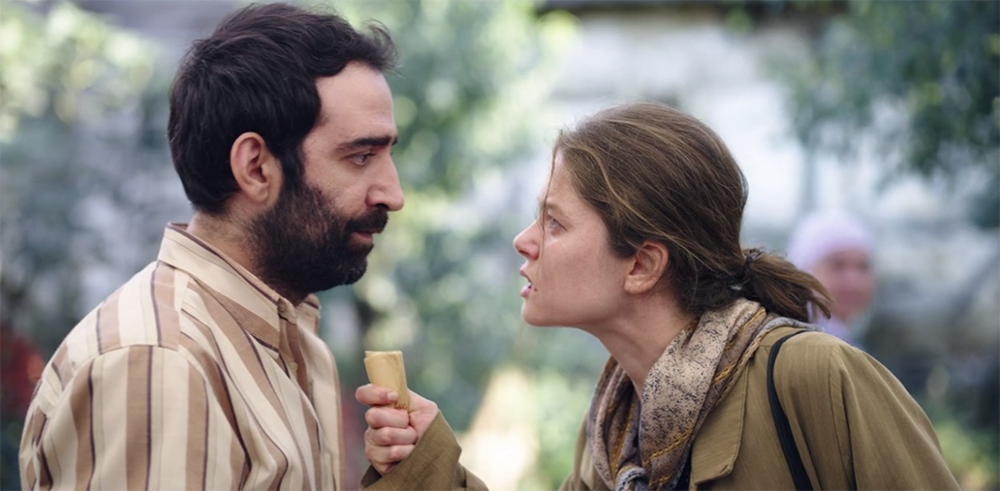
She hitches a ride back to Istanbul with the same kindly truck driver, she tells him she has one more thing to take care of. She goes to the insurance office to talk to Sidar and shows him the most recent letter she’s received from them. It’s a bill for the replacement cost of the car that killed her son. He was autistic and ran out into the street and was hit and killed by a car driven by the son of one of the owners of the insurance company. Sidar is appalled and quits on the spot. Fatma pulls the fire alarm, goes into a supply closet, and gets a cleaning cart, and with all the chemicals used for cleaning proceeds to set fire to the offices. It’s her final act of revenge.
She is finally arrested and brought to the police station, Sidar goes with her and tells her that the insurance company won’t press charges as they don’t want the publicity, he offers to be her lawyer. He doesn’t know all the murders that she’s a suspect in and as they are laid out for her she becomes ill and asks to use the washroom. She escapes and heads to the roof of the police station. Her sister Mine arrives and they have a tearful discussion about the past, in flashback we see the sisters set fire to the barn where they had been abused, and Fatma tells her that she pushed her son the day he was killed, she might have been responsible for him being in the middle of the road when he was hit. She pushes Mine away and climbs up to the ledge of the building, Mine begs her not to, but she jumps off the building.
The crux of the story is a woman, abused and neglected, who finally comes to a point of no return and fights back in unexpected ways. This is a desperately sad story but one of love too. It is a shocking illustration of how difficult it is for a woman alone, without the support of any family or friends, and the lengths this particular woman goes to for revenge on those people who have chosen to take advantage of her. It’s a familiar tale and every woman watching will recognize the day-to-day sexism, misogyny, and sexual harassment that women have to endure. Fatma is in turn ignored, put down, abused, threatened, and sexually threatened. This is not fiction, in every society women are exposed to these attitudes and actions to varying degrees. The police she to whom she looks for aid, ignore her. The neighbours she looks to for help take advantage of her. Even her sister, who has married into money and might be expected to help her, mostly just avoids her.
And while this is partly a story of revenge she isn’t John Wick, this isn’t an action series, this is a series about all the hardships faced by women, especially women who have no resources of their own or anyone to help them. It’s sad to say but even in 2021, if you are a woman, regardless of where you live, it’s still true that you are vulnerable to any manner of threat and abuse if you don’t have the means to support and protect yourself, even if you are, there are a thousand day to day threats that women everywhere are subjected to. Fatma responds to all of these threats in unfamiliar and drastic ways but we see as the series goes on that she has nothing to lose. Her husband abandons her, her son is dead and she carries tremendous guilt about that, she has no friends, her sister is barely involved in her life, and she has a job that doesn’t pay enough to live on. Fatma’s life has been one of abuse and even escaping the village where she was tormented doesn’t improve her life that much as her husband is a lowlife mafia thug and she has a son that she doesn’t have the resources to properly take care of. She is smart and tries her best but her life has mostly been one of misery. The flashes of love we see are flashbacks with her and her sister as children playing in their village and some scenes with her son, whom she loves fiercely.
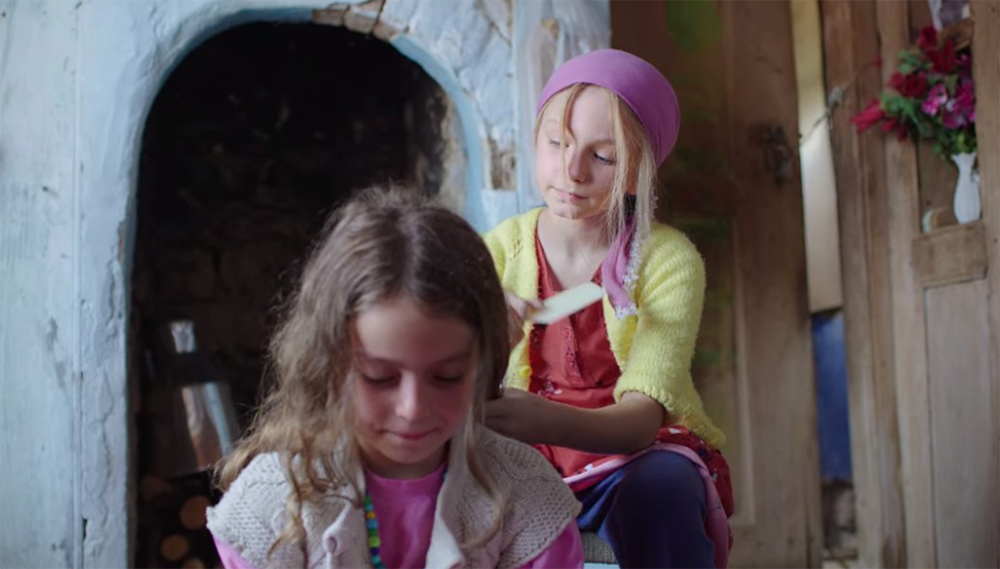
|

|
She does meet good people along the way, the lawyer who helps her with the insurance company, the truck driver who takes her to her village, the observant cashier at the gas station who tries to get her away from Yusuf, and even her sister, who while very self-involved does her best to protect Fatma. Her sister has several run-ins with Bayram, who is trying to get his gun back, and displays the same intelligence and guts that Fatma does. She has a few employers that like her and try and help.
However, the majority of the people that she meets are loathsome. From Ismail, her landlord, and neighbour whom she goes to for help and he demands sexual favours in exchange for a roof over her head. He betrays her further by the phone calls that he knows she thinks are coming from her husband, it was shocking but not surprising that she pushed him off a building. All the mafia guys are only interested in what they can get out of her. The police basically ignore her even when it seems like she’s close to a series of murders. The insurance people shift the blame for her son’s accident onto him, making a seven-year-old boy culpable for his own death.
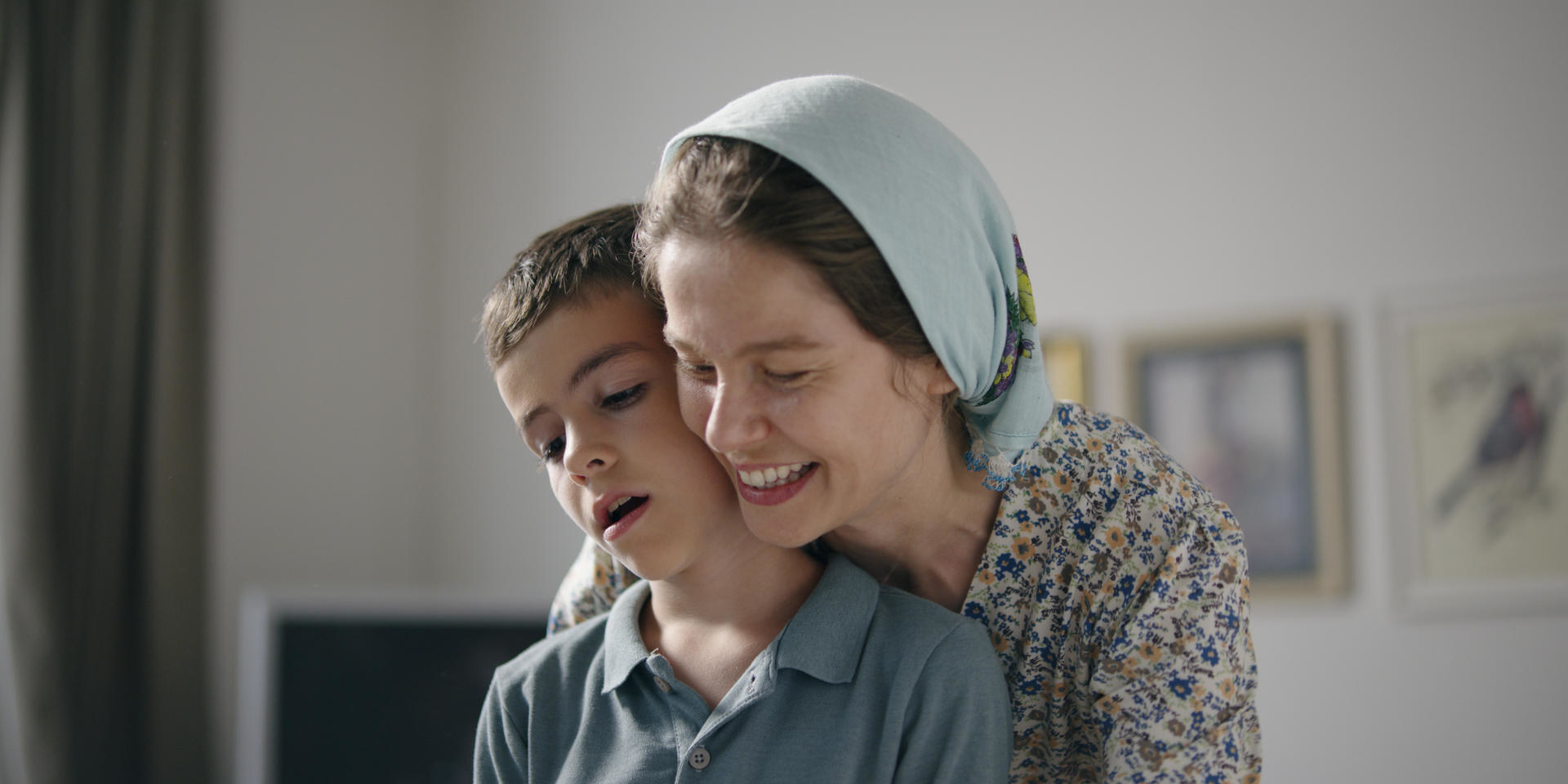
Burcu Biricik may be one of the most talented actresses in Turkey, she seemingly can play anything, and with the freedom a Netflix series provides, she is exceptional as a downtrodden woman at the end of her rope who goes on a killing spree. The rest of the cast are great as well and lots of recognizable actors including Hazal Türesan (Atiye, Mucize Doktor) as Fatma’s sister Mine, Mehmet Yildiz Ak (The Protector, Ramo) as Bayram, and Olgun Toker (Hayat Sirlari, Son Yaz) as Fatma’s lawyer Sidar.
This series isn’t strictly a story of revenge and if you expect to be cheering Fatma on as she dispatches all the people who did her wrong, this is not the series for you. This is a portrait of a woman who never had many advantages in life and the few good things that she does have are ripped away from her. Her downward spiral is both sad and predictable, how she chooses to deal with the final indignities that she has to endure is what makes the show interesting but you will not come away feeling uplifted.
Having said that, 'Fatma' is a highly recommended watch for Burcu Biricik’s performance alone. The story is tight and unpredictable, and if you are familiar with Turkish television, it is great to see settings in Istanbul that we haven’t seen a million times before in other series. The series ends on a jaw-dropping note, reminding us once again of the brilliance steadily streaming from Turkey.
